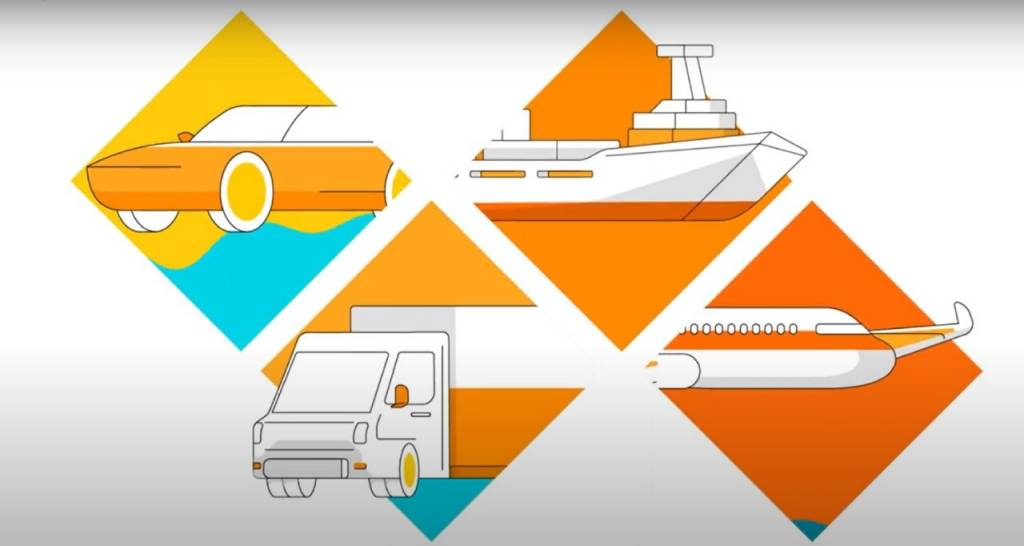
What if your car could run on garbage?
What are biofuels?
At the forefront of biofuel development
Biofuels are fuels derived from organic sources such as biomass and organic waste. They represent one of the main solutions for quickly and efficiently reducing emissions from mobility in the coming years.
They’re already part of our daily lives. The fuel supplied at our service stations already contains more than 10% fuel of renewable origin, in compliance with current regulations.
In line with our commitment to become a net zero company by 2050, we develop and produce biofuels using different industrial processes.
20+
yearsincorporating biofuels into our fuels
Net zero
emissions
compared to other fuels
2.7 Mt
of CO2
in emissions reduction in 2022
250,000
t/year starting in 2030
in advanced biofuel production in Cartagena

What if your car could run on garbage?
What are the advantages of these fuels?
Net zero emissions fuels can be used in existing vehicles, taking advantage of the current infrastructure without the need to develop new technology solutions or renew a fleet. They can be produced and distributed using existing industrial facilities and enable us to decarbonize industries that are difficult to electrify such as maritime, aviation, and heavy-duty transportation. All of this serves to drive the circular economy, diversifying the country's energy matrix and moving forward in its quest for energy independence.
How are biofuels produced?
Biofuels are obtained by transforming biomass, an organic material that comes from plants and animals. This is done using mechanical, thermochemical and biological processes, and depending on the origins of the raw material used to make the biofuels and the processes used, they can be classified as follows:
First-generation biofuels: These are fuels obtained from food crops, for example using vegetable oil.
Second-generation or advanced biofuels: These come from crop waste, from the agri-food industry, and from the organic fraction of municipal waste. Second-generation biofuels are also considered to be those obtained from agroforestry crops that are not intended for food production.
Third-generation biofuels: These fuels are extracted from algae and aquatic plants that have a natural oil content of at least 50%. This kind of fuel is still not produced commercially, but there are conclusive findings proving its feasibility.
Fourth-generation biofuels: The fourth generation goes one step beyond that, seeking instead to genetically modify microorganisms to improve efficiency in the capture and storage of CO₂. These biofuels are not being commercialized yet either, although there are currently pilot plants in operation in Brazil and the United States.
Spain's first advanced biofuels plant
Our commitment to biofuel
There are different types of renewable fuels. At Repsol, we are committed to advanced biofuels, made from organic waste, and synthetic fuels (e-fuels) produced using renewable hydrogen and captured CO2. Learn more about our projects.

Biofuels to fly higher
We are pioneers in Spain in the manufacture of biojet from biomass and waste.
Other biofuel projects